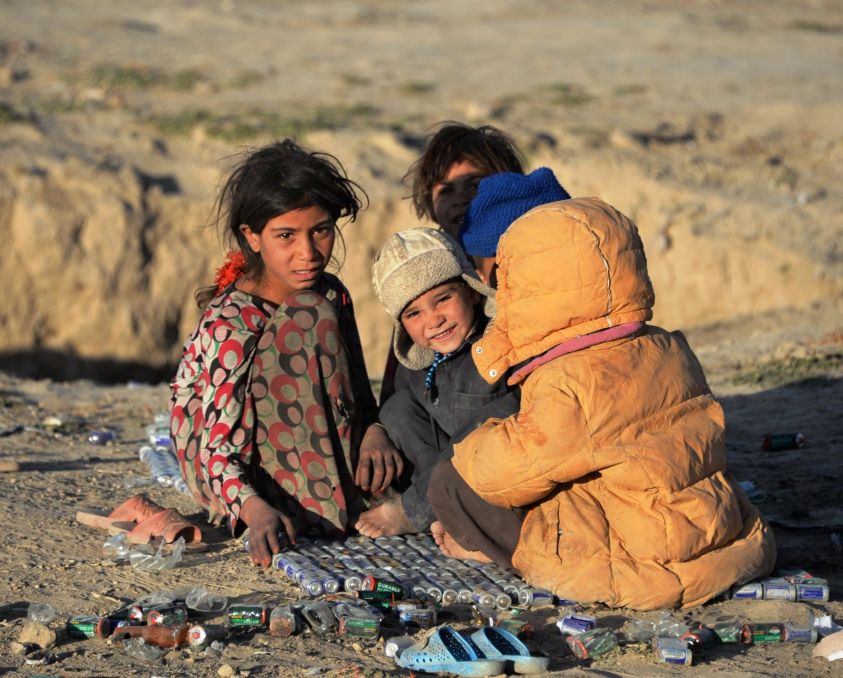28/04/2022 Afghanistan
“If you ever come across anything suspicious like this item, please do not pick it up, contact your local law enforcement agency for assistance”
Today, due to displacement, economic collapse, and a disintegration of social services including health and education, most Afghans are living in increasingly precarious conditions. Up to 23 million Afghans are facing acute hunger – more than half of the country’s population. As the world is rightfully looking at Ukraine, we must not forget Afghanistan. The current humanitarian crisis in Afghanistan is to some extent the result of the international sanctions introduced after the fall of the Afghan government last August. While sanctions can be a legitimate political tool, they must not put civilians at risk. Some threats these sanctions pose to the lives of Afghan civilians are very visible, but others are hidden under the soil – waiting to explode. Decades of conflict have littered Afghanistan with land mines and other explosive remnants of war. As a result, today the country is one of the most contaminated in the world. A few weeks ago, four children lost their lives in Herat, Afghanistan when an old grenade exploded in their hands. A couple of months ago, nine children perished in a similar accident in the village of Degnan in Nangahar Province. Since the beginning of 2022, many more have been killed, hurt and wounded in this way. In 30 years, more than 41,000 civilians have lost their lives to unexploded ordnances. In 2021, 79 percent of the victims were children. Together with local partners, DRC has worked with humanitarian mine action in Afghanistan since 1999 – conducting mine clearance activities, destroying unexploded ordnance from old battlefields, and providing risk education to civilians to teach them how to avoid being harmed. First and foremost, to save lives, but also because de-mining operations are crucial for Afghanistan’s future. Without de-mining, Afghans harmed by decades of war cannot build themselves a safe future in their country. Without effective de-mining operations, farming cannot happen, internally displaced people cannot return to their villages, and education cannot be effective as children cannot go to school. Now, the efforts to clear Afghanistan of mines and unexploded ordnances are hanging by a thread. With the current international sanctions, it is a more difficult task than ever before to get specialised mine clearance tools into the country. So there is a risk that lifesaving Afghan-led de-mining activities will have to be radically scaled down. The pressures introduced by sanctions may soon result in the collapse of Afghanistan’s de-mining ministry. Such a collapse would be a painful setback for the people of Afghanistan and for the efforts to clear their land of dangerous remnants of war. Capacities built and knowledge gathered over decades could suddenly be lost. The vast majority of the ministry’s employees have been in their jobs for years and have worked tirelessly in partnership with the international mine clearance community. Regardless of who is in power in the country, these employees deserve investment and support. Paradoxically, the risk of collapse is happening at a time where there is a momentum to increase the space in which we can work, and to expand operations into areas that have been left contaminated by deadly weapons for too long. Excerpted: ‘We should not forget the dangers hiding under Afghan soil’.
Courtesy: Aljazeera.com
Biography of a Bomb
Dear editors, Biography of a bomb is aimed at highlighting the danger caused by unexploded bombs. Moreover, the most important aspect is that we work completely non profit, raising awerness about this topic is what drives us. We apologize if we make use of pictures in yours articles, but we need them to put a context in how findings are done. We will (and we always do) cite source and author of the picture. We thank you for your comprehension





